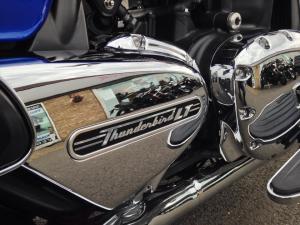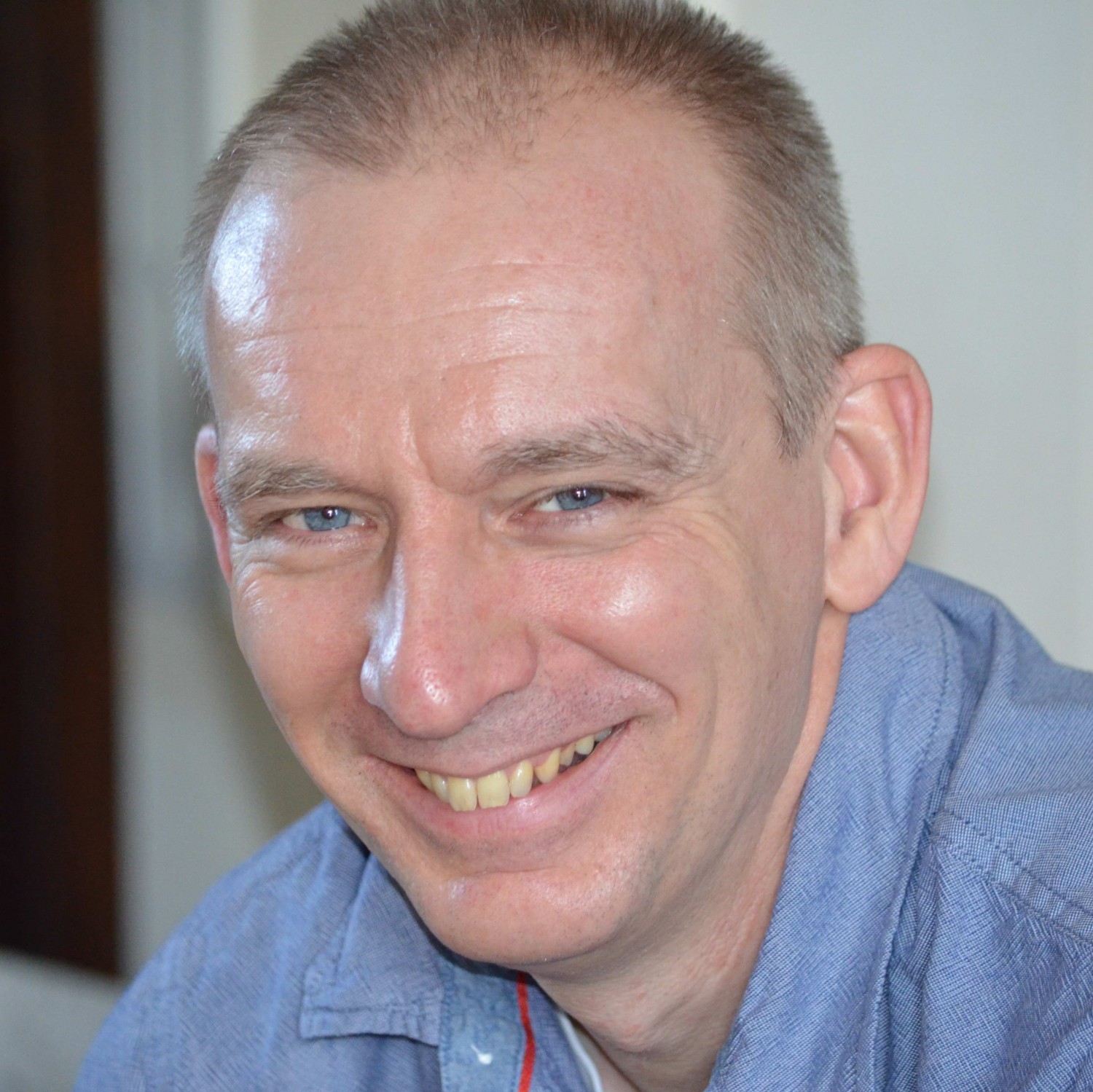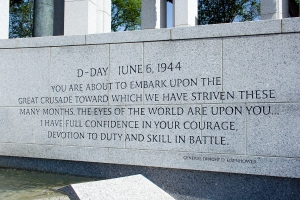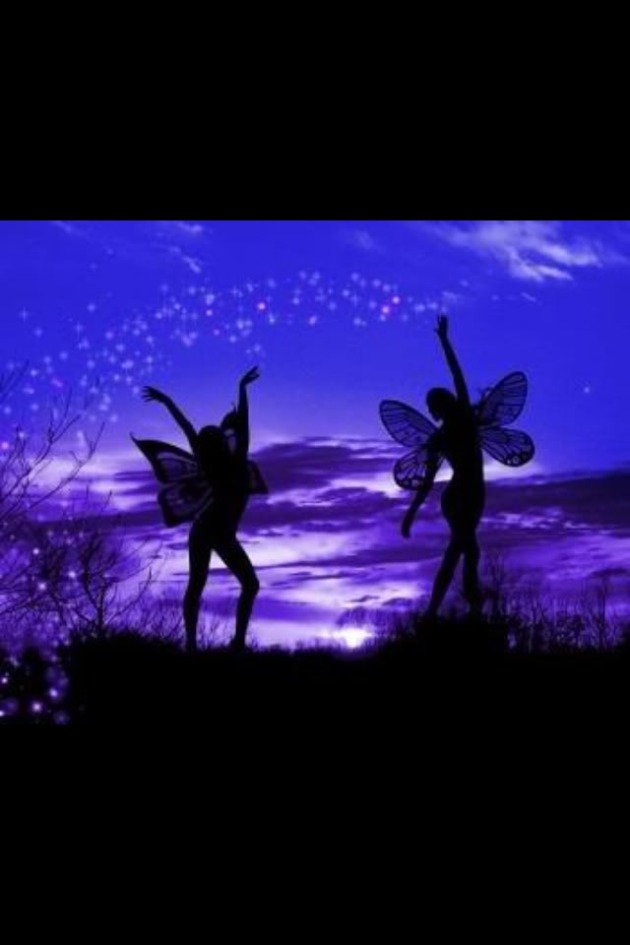Rusty rider – that’s me – or rather that was me. In February of this year I decided it was time to test my nerve after being away from motorcycling for the best part of 30 years. So I enrolled myself on a one day course – called “Rusty Rider” to see just how safe, or unsafe, I would be getting back on two wheels on public roads.
I’m not sure who was more surprised – my instructor or me – as, in the safety of the car park, I quickly mastered riding one of their 600cc bikes at walking pace, making figure of eight manoeuvres and stopping at a designated point. That took ten minutes, and then we were ready to take on the Cambridgeshire roads. Motorcycles have changed a great deal over the last few years, they are bigger, more powerful and full of gadgets. However, the feeling of freedom on two wheels is unchanged and I enjoyed every second of being back on a bike, even on a rain-soaked day.
Having completed my course I was ready to think about buying my new bike. No shortage of opinions from my friends on social media, some are Harley Davidson fans, others prefer Triumph, Italian bikes appeal to those who like sophistication, and BMW’s have their own loyal fan base. So taking all these opinions into account, and having read just about every motorcycle magazine and review of new bikes available, I settled on 6 to choose from – two Harley’s, two Triumph’s and two BMW’s. Motorcycling though, despite the fact that you are on two wheels on your own, is not a solitary past time – so I was going to need some company on test day.
Enter Andy. I hadn’t seen Andy since before I gave up motorcycling. We’d connected on Facebook a while ago, but the motorcycle discussion had reignited an old relationship. Andy and I had been school friends – I guess we were ‘best friends’ back in 1974-1979. We quickly set about organising a test schedule, and after a few rainy delays we finally got our day, and if either of us was apprehensive about meeting up again after so long it didn’t show. We ended up riding eight bikes in eight hours, stopping to swap and exchange opinions. We had a lot of fun!
Unlike me Andy has kept riding over the years, so having such an experienced rider for company was reassuring, he also knows the Cambridgeshire road network better than me (a legacy from his career in the local constabulary), so we were able to put the bikes through their paces on a variety of routes. I followed Andy, feeling safe with his traffic awareness, and copying his well honed road craft. Echoes of our old school life, when we stuck together in friendship and for safety. Our school didn’t have the best of reputations and had a real bullying problem; Andy and I, with a few others, developed a safety in numbers approach to protect ourselves against the more violent pupils. As Andy put it when we first met up again, “we survived secondary school”. Sticking together so closely back then did have other advantages – we won the school badminton doubles championship, and went on the represent the school at county level. We were widely acknowledged as the best opening pair in the cricket team. Those reputations, founded on our understanding of each other, were important to us, and helped us develop our own “school road craft”.

The shiny chrome of the new Triumph Thunderbird was more impressive than the ride quality. Photograph courtesy of Andy Nightingale ©
Old passions rarely die, and old friendships – once rekindled – can play an important part in our ‘later lives’ – those shared experiences from the 1970s, as well as new shared experiences, create bonds that can’t be summed up in a simple essay. They are reassuring and, despite the intervening years, have an air of constancy. I am looking forward to riding a motorcycle again, but more importantly I am looking forward to some tours with Andy, the formidable badminton champions of 1978 and the best opening bats in the cricket team finally reunited. We don’t need reputations now, we’ve both had good careers, happy marriages and have lovely families – that security has probably given us both the confidence to reconnect.
It sounds terribly clichéd, but I was determined to get the phrase into this article: getting back on a motorcycle has been like riding a bike, but more importantly so has rebuilding a friendship. I don’t feel quite so rusty at motorcycling or close friendships these days.



